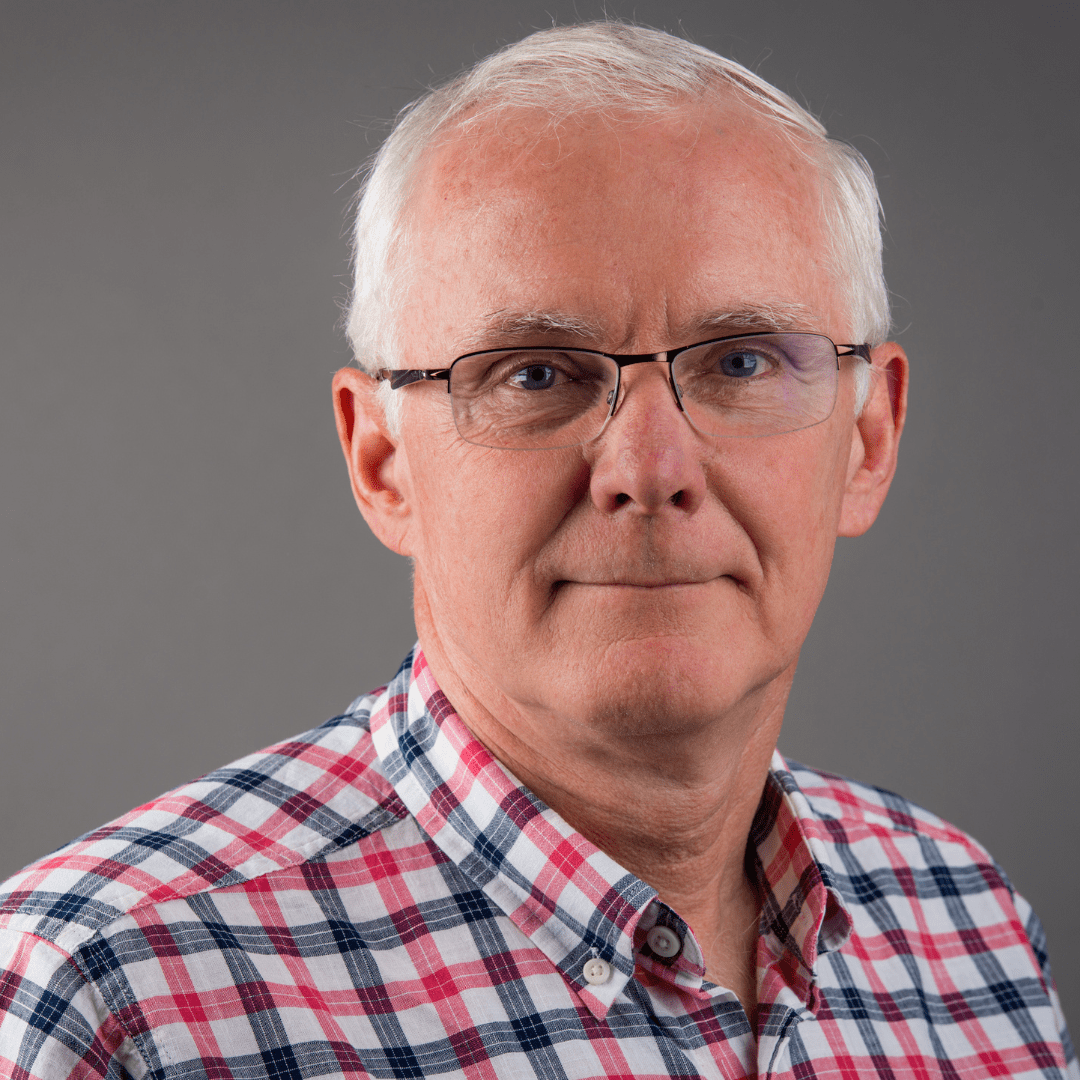
Meet: Dr. Bruce Hobson
Title: Coaching and Mentoring Program Medical Lead, Personal Learning Plan Medical Lead and Medical Director of Program Standards
Portfolio: Rural CPD and Accreditation
Describe what you do and what programs you work on:
I wear a number of hats and work on numerous projects and initiatives with several organizations.
At UBC CPD
I hold responsibility as the Medical Director of Program Standards and Medical Lead of various programs, including the Coaching and Mentoring Program (CAMP), Personal Learning Plan (PLP) program and the Child and Youth Substance Youth Education webinar series.
I work on a small accreditation team to review all internal and external applications for accreditation. The team provides feedback and guidance to applicants on the logistics of completing their application and offers advice on organizing their educational event to meet accreditation requirements. This is an opportunity to hear about the latest educational offerings and become more familiar with the provincial educational environment.
External roles
At Doctors of BC, I participate as a Practice Support Program (PSP) peer mentor and contribute to various committees at the Doctors’ Technology Office. I also take part in Share Care Projects, like the Child and Youth Eating Disorder Care Pathway and Child and Youth Substance Use (CYSU) Care Pathway.
I am also a core committee member at the Rural Coordination Centre of BC (RCCbc) and a chair member of the Guidelines and Protocols Advisory Committee (GPAC).
At the Provincial Health Services Authority (PHSA), I participate in the Learning about Opioid Use Disorder in Primary Care (LOUD in PC) program and the Child and Youth Eating Disorder Care Pathway.
Other organizations I work with include the UBC Faculty of Medicine as a peer mentor, Cowichan Division of Family Practice as an IT lead, Pain BC as an Adaptive Mentorship Advisory Committee member, Healthcare Excellence Canada as a Strengthening Primary Care clinical coach and the Centre for Collaboration Motivation and Innovation (CCMI) as a physician advisor.
Which partners do you work with most closely?
In the CAMP and PLP programs at UBC CPD, we work with organizations, such as Doctors of BC Practice Support Program and other smaller groups who support IMGs and rural physicians.
Who does your work impact?
CAMP supports rural health professionals, both in their professional and personal lives. I also work with the PLP program to help IMGs identify their learning needs and navigate the CPD Landscape, as well as with the UBC CPD Accreditation team to support and review accreditation applications for physician CPD, for both specialists and family physicians.
In what ways does this work impact the health community, health-care system, or well-being of the target audience?
For the CAMP and PLP programs, new-to-practice rural physicians and IMGs are especially vulnerable. The demands of working in a new practice and/or starting a new life, often in a new community or rural setting with patients they are unfamiliar with, can be very challenging. Supporting these care providers (and indirectly, their families) and practices is very important.
We provide services that focus on building trust and developing relationships while addressing physician needs. By paying attention to the whole person who just happens to be a care provider, we hope to not only build their knowledge and skills but to also build their resilience and provide them with a network of people to support their professional and personal lives.
This gives them a better chance to flourish in their practice and home lives, provide better care for their patients, gain strength in their relationships and hopefully provide the opportunity to continue working in their communities.
What do you think are the new opportunities (trends) affecting your work?
Socializing our work and normalizing the idea that health professionals, especially physicians, needn’t operate in a silo, isolated from others by their training, to avoid a sense of personal responsibility and sometimes, a fear of being exposed for their mistakes.
We want to develop supported learning plans that rely on personal relationships to explore stated and unstated perceived needs and undercover unperceived needs — this is a shift from the traditional ‘test/assess’ for knowledge and skills to a respectful and safe conversation. We want to move the learner from an environment where they may feel isolated to one where they feel warmly supported. It’s time to break down traditional educational paradigms.
| Want to learn more about the work of UBC CPD members? Visit our Meet the Team page. |